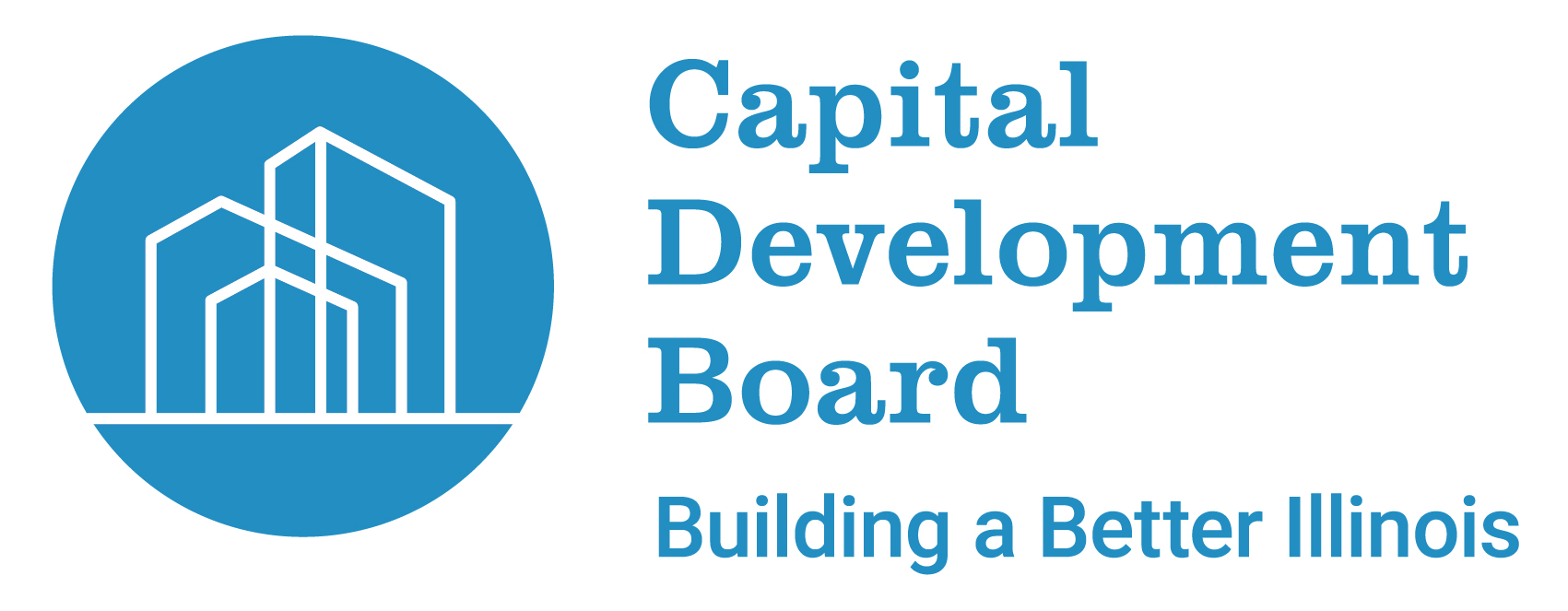Frequently Asked Questions
- 1. We haven’t adopted the Illinois Accessibility Code in my locality; do I have to follow it?
- 2. Once I get an interpretation, can I use it on similar projects?
- 3. What happens if I don’t abide by the Illinois Accessibility Code?
- 4. Can I get a waiver or exception from the Illinois Accessibility Code?
- 5. What types of facilities does the Illinois Accessibility Code cover?
- 6. What is a public facility?
- 7. What is multi-story housing?
- 8. How quickly can I expect to receive an interpretation?
Yes. The Environmental Barriers Act mandates that the Illinois Accessibility Code must be applied to work involving new construction, alteration, additions, historic preservation, restoration, or reconstruction in whole or in part.
No. Interpretations are project specific and do not set a precedent.
The Illinois Attorney General’s office enforces the Illinois Accessibility Code. It can bring action against individuals that do not follow the Code including, but not limited to, stopping construction projects, imposing civil penalties, or other appropriate relief.
No one is authorized to give waivers or exceptions to the Illinois Accessibility Code.
The Illinois Accessibility Code covers public facilities and multi-story housing units as defined in the Code.
The Code defines "Public facility" as:
(1) any building, structure, or site improvement which is:
(i) owned by or on behalf of a governmental unit,
(ii) leased, rented or used, in whole or in part, by a governmental unit, or
(iii) financed, in whole or in part, by a grant or a loan made or guaranteed by a governmental unit;
(2) any building, structure, or site improvement used or held out for use or intended for use by the public or by employees for one or more of, but not limited to, the following:
(i) the purpose of gathering, recreation, transient lodging, education, employment, institutional care, or the purchase, rental, sale or acquisition of any goods, per- sonal property or services;
(ii) places of public display or collection;
(iii) social service establishments; and
(iv) stations used for specified public transportation; or
(3) a public right-of-way.
The Code defines muti-story housing as "any building of four or more stories containing ten or more dwelling units constructed to be held out for sale or lease by any person to the public. Multi-story housing includes, but is not limited to, the following building types: apartment buildings, condominium buildings, convents, housing for the elderly, and monasteries.
Typically, the accessibility specialist provides interpretations within two business days, although workload and special circumstances can mean an interpretation may take longer.

